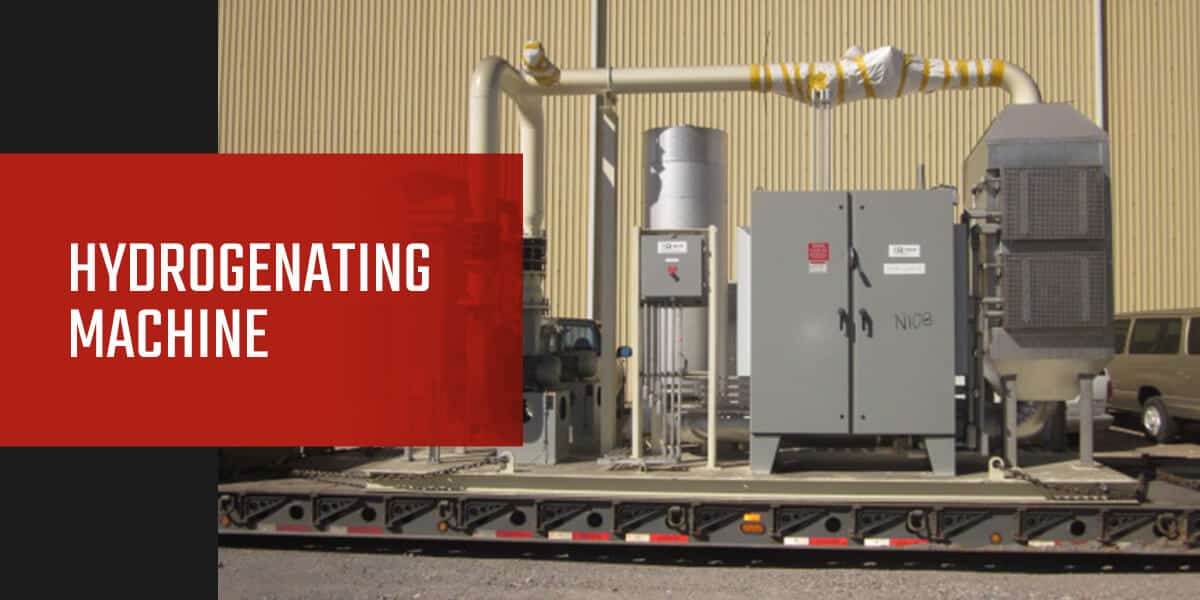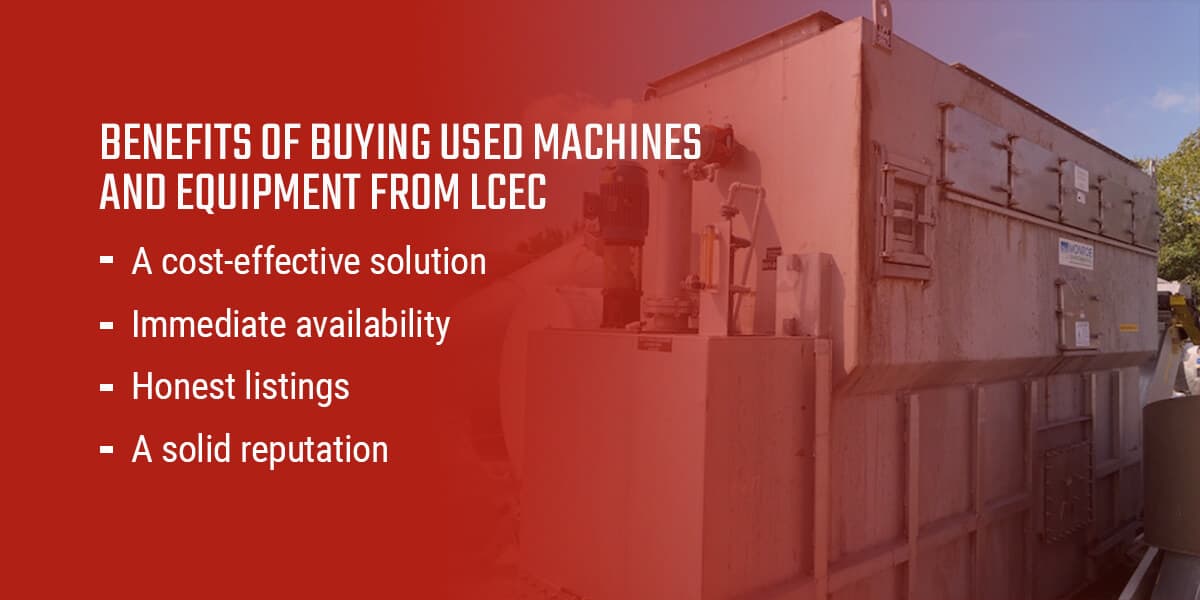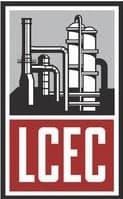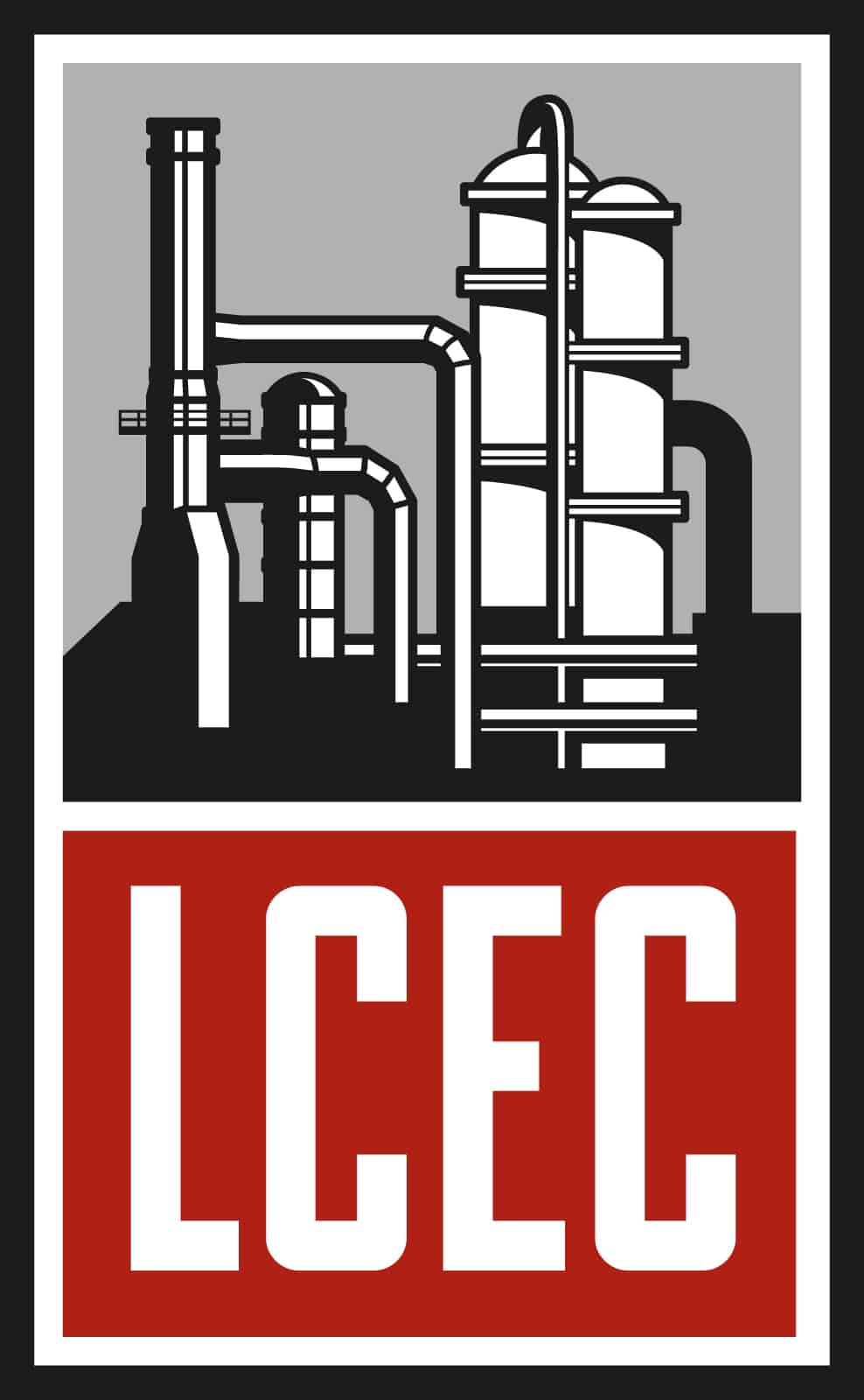
Hydrogenation is the process of adding hydrogen to something else. This chemical reaction requires the presence of a catalyst such as nickel or platinum.
You may use a hydrogenation machine to:
- Alter a fat’s consistency.
- Convert liquid oils into solid fats.
- Stabilize oils and fats.
- Increase edible oil and fat availability.
The hydrogenation process will reduce the number of double or triple bonds found in existing hydrocarbons. There are several hydrogenation processes, such as hydrocracking and hydrotreating.
Hydrocracking and Hydrotreating
In an industrial setting, a fixed bed plug flow reactor sends gas and liquid to downflow trickle bed reactors. This area is where hydrocracking and hydrotreating occur.
Hydrotreating is a common process in the petroleum industry. It helps remove any unwanted compounds from the final product for higher-quality results. You can use hydrotreating to remove nitrogen, sulfur, metals or oxygen compounds.
On the other hand, hydrocracking takes large hydrocarbon molecules and breaks them into smaller ones. Hydrocracking occurs under high pressure and with elevated temperatures.
How It Applies to Different Industries
You can use a hydrogenation machine in multiple industries. Explore a few of them below.
Food
The hydrogenation of oils process turns vegetable oil into solid or semisolid fats. Hydrogenation of these fats causes them to harden. The process improves flavor stability at a cost-effective price because it reduces unsaturation. Often, you will want to hydrogenate vegetable oil to either:
- Convert natural fats or oils into a solid form with high consistency or melting points, which is helpful for margarine or shortening.
- Enhance the oxidative stability of fats.
In the food industry, hydrogenated fat is a common substitute for butter fats. Hydrogenated fats and oils are less expensive and easier to store than butter fats.
Completing hydrogenation helps prevent flavor deterioration. The solid and semisolid fats made from hydrogenation are used in products such as:
- Margarine
- Candy
- Spreads
- Baked goods
You can create different degrees of hydrogenation, determining how easy it is to spread the food product.
Chemical or Pharmaceutical
You could also use a hydrogenation machine in the chemical and pharmaceutical industries. Hydrogenation of nitrobenzene produces aniline. The nitrobenzene is put with hydrogen inside a reactor, along with a noble metal catalyst.
Most aniline production is for the creation of methylene diisocyanate (MDI). Those in the pharmaceutical industry can also use hydrogenation to make chiral and other activated pharmaceutical ingredients (APIs).
Gas
The hydrocracking process is common in the diesel and gas industries. Here, the hydrocracker takes gas oil and cracks the heavy molecules in the presence of hydrogen and a catalyst to turn them into gasoline and distillate. The process can convert lower-quality gas oils into better and cleaner jet fuel, gas or diesel.
Hydrotreating is also important in the petroleum and gas industry. Impurities in petroleum can potentially damage catalysts, equipment and product quality. Hydrotreating removes these impurities, and it’s often completed before the hydrocracking process.

Buying Used From Louisiana Chemical Equipment Company (LCEC)
At LCEC, we source used equipment such as hydrogenation machines to help you get what you need. Buying used machines and equipment from us offers several benefits, such as:
- A cost-effective solution: New machines have high upfront costs — why pay extra when you can get a used product that runs the same way for a lower price point?
- Immediate availability: If you see it for sale, we have it available. There are no lead times for used equipment when you shop with us.
- Honest listings: All of our equipment is in the condition we tell you it is. We will never surprise or mislead you.
- A solid reputation: We are well-known in this industry. We source quality used machines to ensure you get products you can rely on.
Contact LCEC to Learn More About Our Used Hydrogenation Machines
Are you ready to buy a used hydrogenation machine? Shop with Louisiana Chemical Equipment Company today. We’re here to help you find the used equipment you need to help your business succeed. We work on an international scale, so no matter where you are, our team can help. Contact us online today for more information!
Louisiana Chemical Equipment Company • Toll Free +1-866-289-5232 • International +1-281-471-4900
+1-225-923-3602 • sales@LCEC.com • plants@LCEC.com
Louisiana Chemical Equipment Company, L.L.C.
offers an extensive range of quality chemical process equipment and Complete Chemical Plants with competitive pricing.


